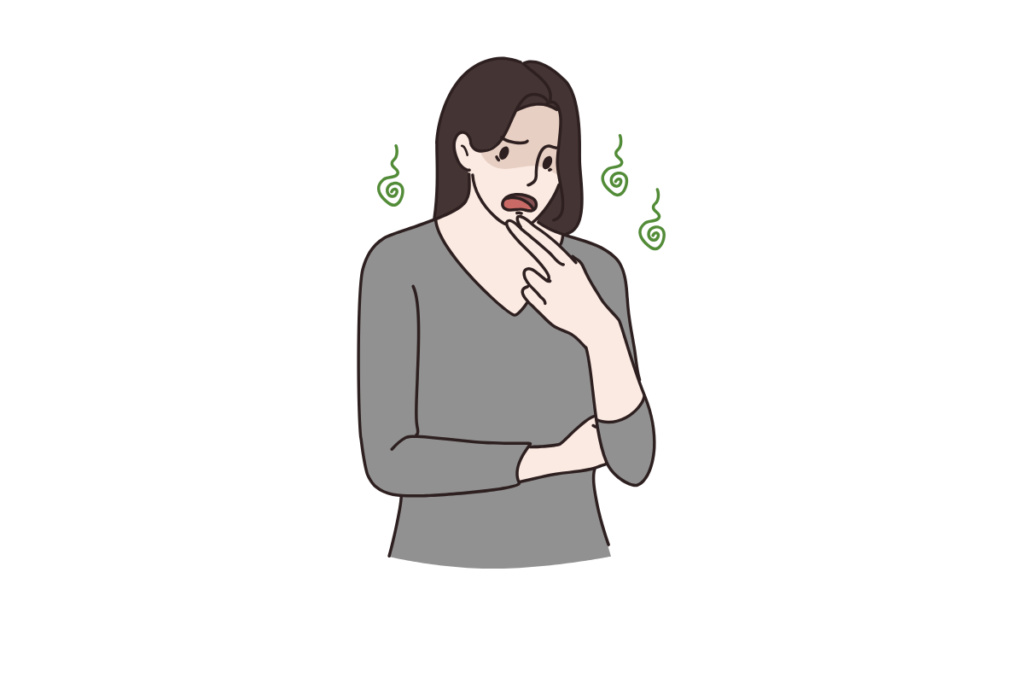いよいよ、SAKURAさんの闘病エッセイ連載が始まります。
長年にわたりNaokoの個人指導を受けてこられたSAKURAさんの英文は、医学用語が多く含まれますが、構成が明確で読みやすく、英語初心者の方にもおすすめです。その内容は、きっとあなたの心にも響くことでしょう。
英文を一語一句正確に理解する必要はありません。知っている単語や意味のわかる部分から場面を想像しながら、気軽に読み進めてみてください。
本編公開の翌日以降に「チャンクごとの意味」「日本語訳」「読解テスト」も掲載しますが、これらは必ずしも読む必要はありません。気が向いたときに、「読みたい」と感じたときだけご覧ください。「読まなきゃ」ではなく、「読みたい」と思ったときに手に取っていただければと思います。
それでは、まずはSAKURAさんの自己紹介からお読みください。
SAKURAさんによる自己紹介
はじめまして、SAKURAです。

50代の医療従事者で、16歳、13歳、10歳の3人の男の子を育てる母です。
末っ子を妊娠中に左胸に違和感を感じ、出産からしばらく経った後、乳がんと診断されました。しこりができにくい「浸潤性小葉癌」という珍しいタイプの乳がんで(梅宮アンナさんと同じタイプです)、妊娠・授乳中だったため発見が遅れるという不運が重なりました。
手術、抗がん剤、放射線治療を受け、ホルモン治療を10年間続ける予定でしたが、手術から9年経った2024年末に転移が発覚。再手術を受け、年明けから抗がん剤治療を始めています。
治療を続ける中で、前向きな気持ちだけでなく、不安やつらさに押しつぶされそうになることもあります。それでも、家族との時間や子どもたちの成長は私にとって何よりの励みです。
このブログでは、乳がん治療のこと、子育てのこと、そして日々の揺れ動く気持ちを正直に綴っていきたいと思います。明るい日もあれば、落ち込む日もある——そんなリアルな日常を、等身大の言葉で伝えられたらと思っています。
仕事で英語を活かしたくて、Naoko先生にずっとご指導を受けてきました。英語の勉強も続けながら、自分の思いを少しずつ発信していけたらと思います。
どうぞよろしくお願いいたします。
はじめに|SAKURAさんより
転移が発覚する前、私は半年ごとに腫瘍マーカーの血液検査や乳腺マンモグラフィーを受けていました。どの検査でも「異常なし」で、再発の兆候は一切なかったため、自分では健康だと思っていました。
しかし、ある日突然、とある変化が起きました。
その時は深く考えることはなく、それが転移のサインだとは思いもしなかったのですが。
その時のことを英語で書いてみました。

第一話
The first symptom of distant metastasis from my breast cancer was sudden vomiting. At the end of last June, my eldest son and I had lunch at the hotel where I was staying. My son lives alone in the city of ●● for high school, and I was visiting to attend his school event. Until that day, I had been feeling perfectly fine, with no signs of illness. But during lunch, out of nowhere, I suddenly felt nauseous and excused myself to the restroom, where I threw up.
What surprised me most was how quickly it passed. As soon as I vomited, I felt completely refreshed, as if nothing had happened. I’m sure my son didn’t even notice that I had felt sick or that I had stepped away briefly to throw up. Aside from that one incident, I had no other symptoms and felt perfectly normal. Since I had never experienced anything like that before, I thought it must have been a one-time thing.
The next time it happened was in October when I was having lunch with my friends. After that, I vomited about four times in one month until the metastasis was discovered. Even then, I never actually felt sick. Every time I vomited, I felt fine immediately afterward, as if nothing had happened. Because of this, I didn’t think it was a gastrointestinal issue, but I knew something wasn’t right with my body. That’s when I decided to have an endoscopy at my hospital.

単語リスト
文中に出て来た重要またはあまり馴染のない単語をピックアップし、意味と例文をつけました。
| 単語・表現 | 意味 | 例文 |
|---|---|---|
| symptom | 症状 | A fever is a common symptom of the flu.(熱はインフルエンザの一般的な症状です) |
| distant metastasis | 遠隔転移(がんが他の部位に移ること) | The doctor explained that the cancer had shown signs of distant metastasis.(医師は、がんに遠隔転移の兆候が見られると説明した) |
| nauseous | 吐き気がする | I felt nauseous after riding the roller coaster.(ジェットコースターに乗った後、吐き気がした) |
| refreshed | さっぱりした、すっきりした | After a short nap, I felt completely refreshed.(少し昼寝をしたら、すっかりすっきりした気分になった) |
| one-time thing | 一度限りの出来事 | I hope that mistake was just a one-time thing.(あのミスが一度限りの出来事だったことを願っている) |
| vomit | 吐く | She suddenly vomited after eating the seafood.(彼女はシーフードを食べた後、突然吐いてしまった) |
| immediately | すぐに、直ちに | Please call me immediately if you feel sick.(気分が悪くなったら、すぐに電話してください) |
| gastrointestinal | 胃腸の | Gastrointestinal problems often cause stomach pain.(胃腸の問題はよく腹痛を引き起こします) |
| issue | 問題 | There was an issue with the delivery.(配送に問題があった) |
| endoscopy | 内視鏡検査 | The doctor recommended an endoscopy to check my stomach.(医師は、胃の検査のために内視鏡検査を勧めた) |



コメント